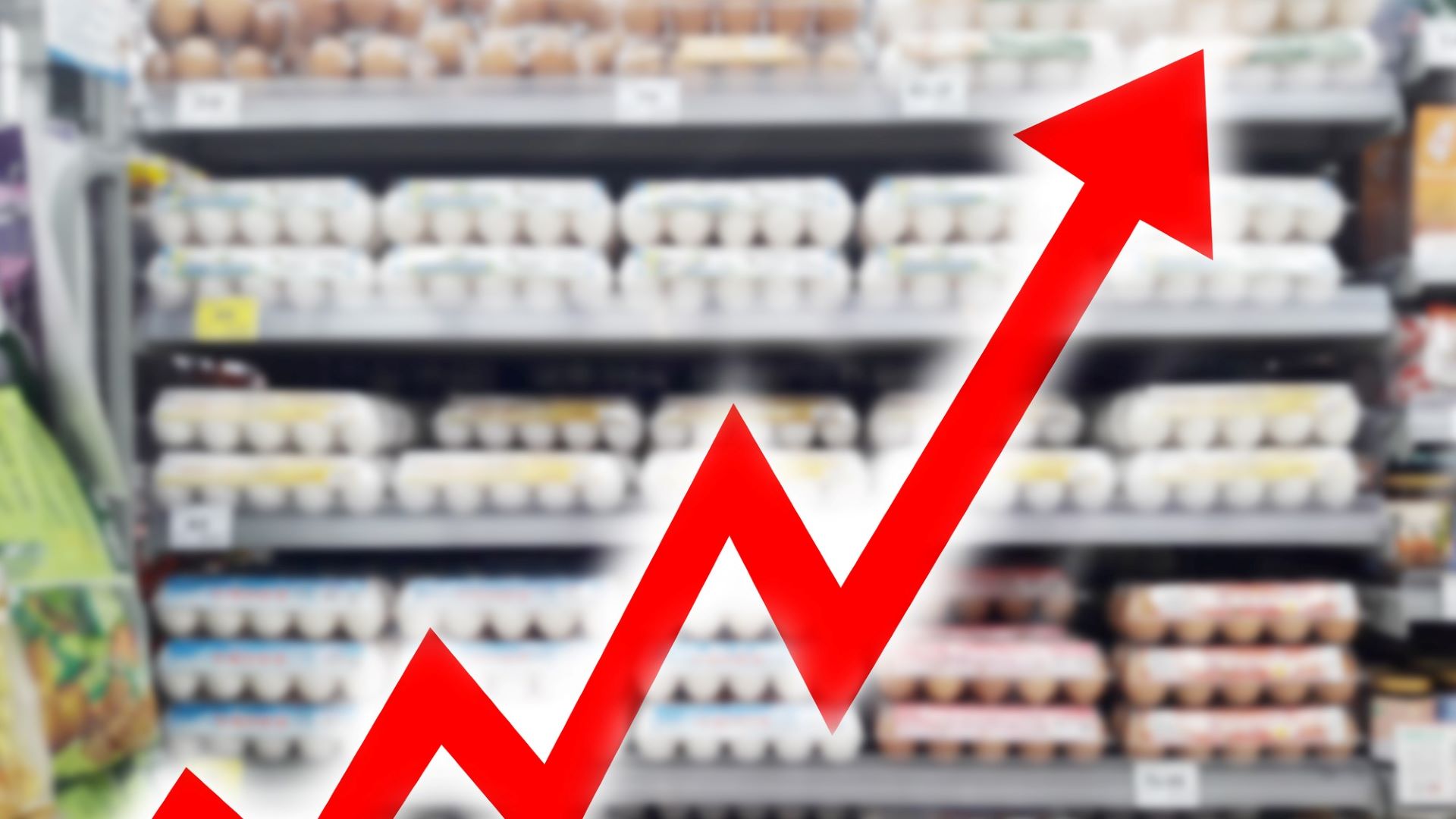

Inflation is defined as a general and continuous increase in prices of goods and services, typically measured as the annual growth in average consumer costs. A healthy inflation rate is around 2 percent; however, excessive inflation can significantly reduce purchasing power and harm the economy. Factors contributing to inflation include increased demand leading to higher prices (demand inflation) and rising production costs (supply-side inflation) [71403e77]. The recent surge in inflation, particularly noted in 2022, was attributed to pandemic recovery, the War in Ukraine, and an increased money supply [71403e77].
The Consumer Price Index (CPI) reflects the annual percentage change in prices for consumer goods, and it has been significantly impacted by the global supply chain breakdown and economic disruptions caused by the pandemic. Inflation affects budgets in several ways, including increases in housing, grocery, healthcare, and transportation costs. These rising expenses can strain individuals and families, especially those on fixed incomes [f556c917].
In addition to these pressures, the current economic landscape has raised concerns about stagflation, a situation where high inflation coexists with recession, leading to further economic challenges [71403e77]. Conversely, deflation, which is a decline in prices, can also lead to economic contraction, while hyperinflation can result in extreme price increases, as seen in historical cases like Zimbabwe and post-WWII Hungary [71403e77].
To manage finances during high inflation, individuals are encouraged to adopt several strategies. Reducing spending by cutting back on non-essential expenses can help mitigate the impact of rising prices. Eliminating high-interest debt is crucial, as it can save individuals money in the long run. Additionally, shopping around for the best prices and seeking discounts can maximize value [f556c917].
Boosting income through side jobs or freelancing, as well as increasing earning potential through education or training, are also effective strategies. Keeping extra cash in a high-yield savings account can help individuals earn more on their savings and protect against inflation's eroding effects [f556c917].
Staying informed about economic trends and seeking advice from financial professionals can provide valuable insights and guidance in navigating the complexities of inflation. Understanding the factors contributing to inflation and its implications on the economy is essential for making informed financial decisions [71403e77].
In conclusion, managing finances during high inflation requires proactive strategies and careful consideration of the impact of rising prices. By adopting these strategies, individuals can navigate the challenges posed by inflation and maintain their financial security while staying informed about the evolving economic landscape [f556c917].